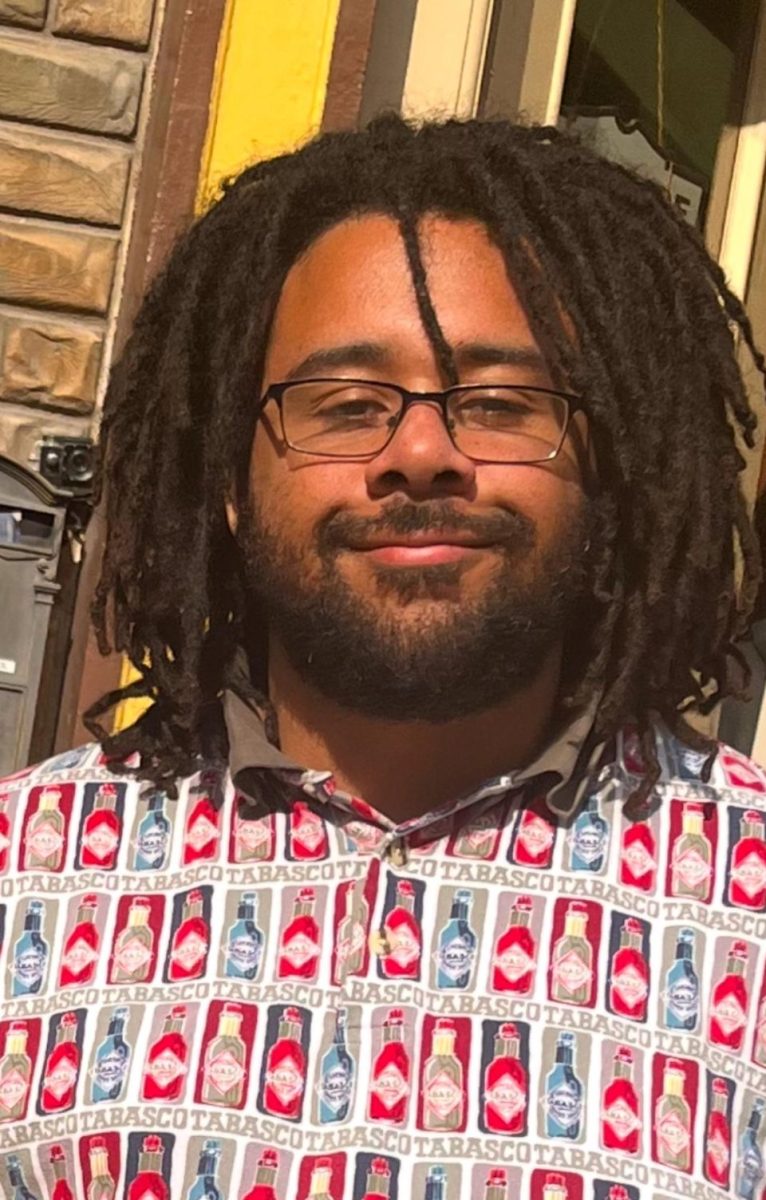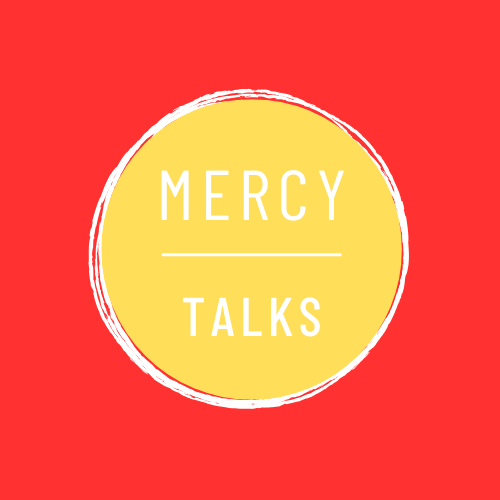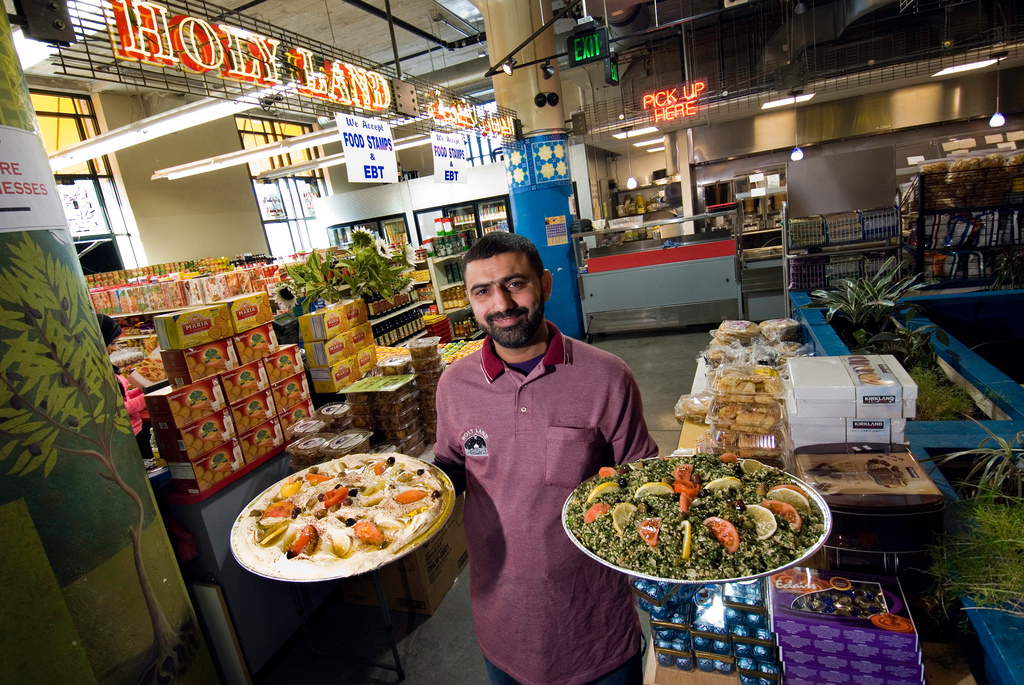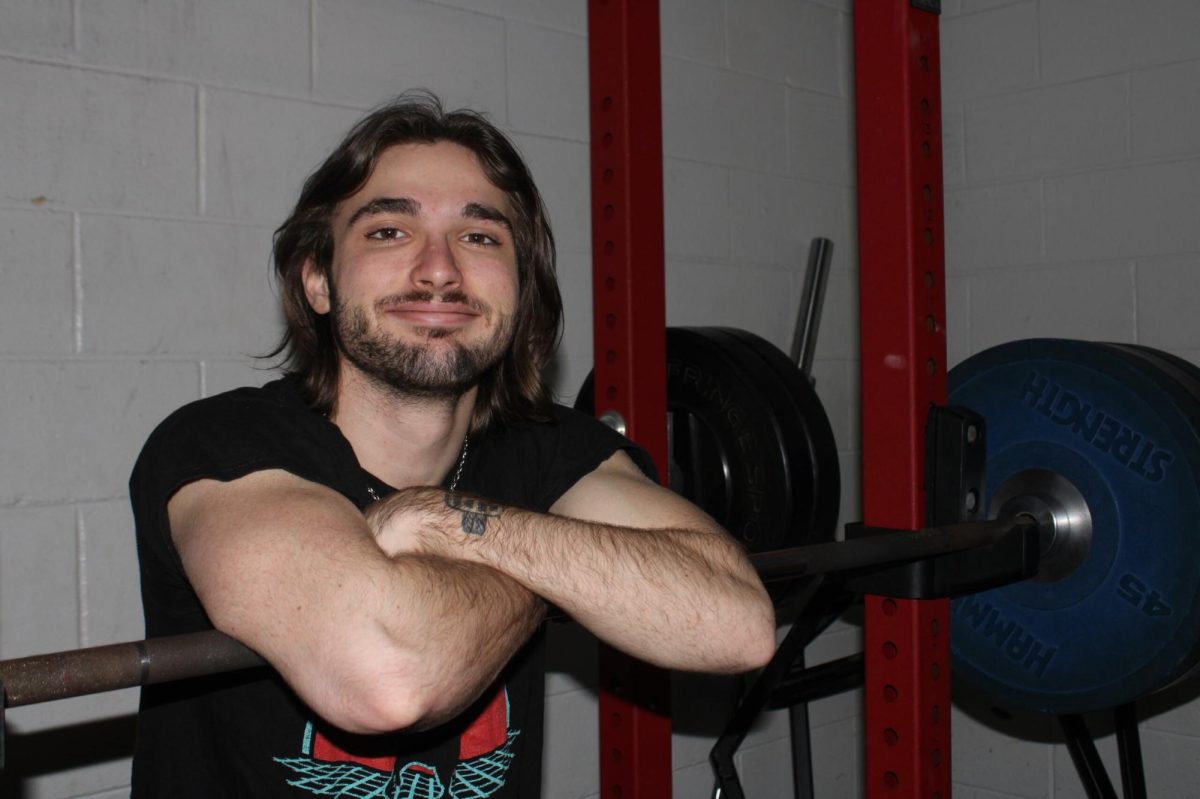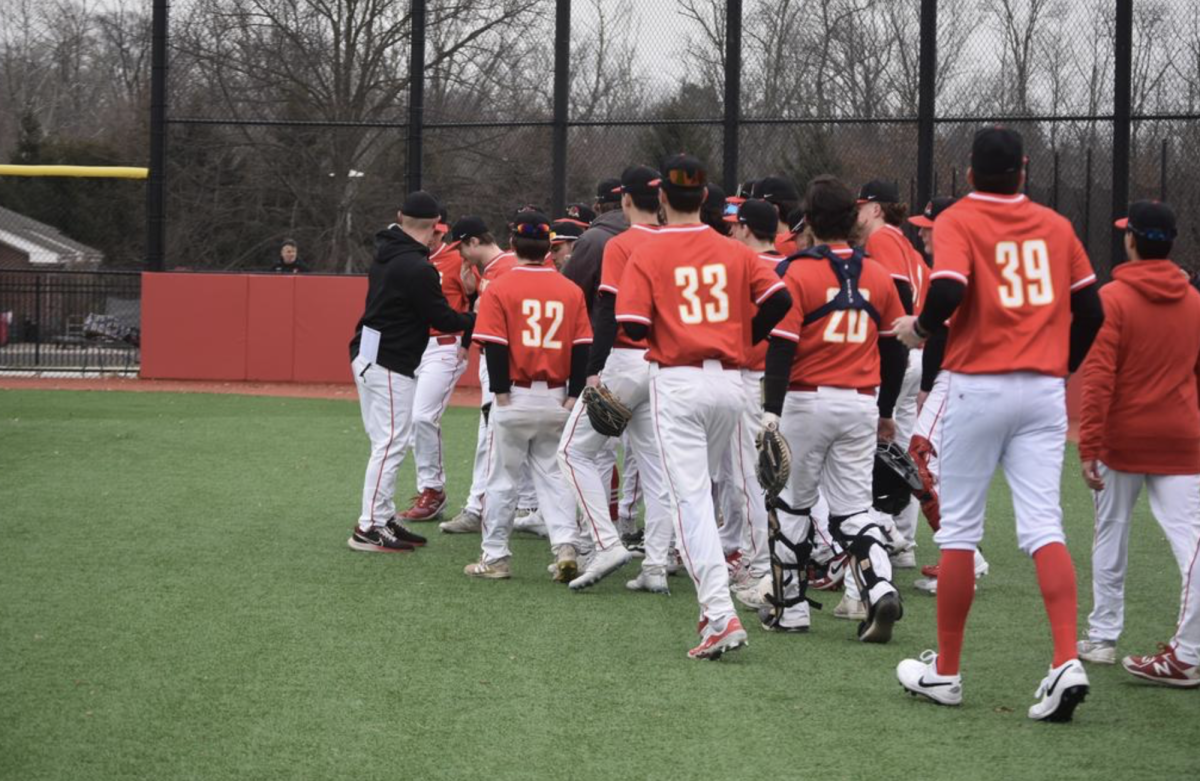According to the Pew Research Center, there are more than 20 religions practiced in the United States. The Public Religion Research Institute, a non-partisan independent research organization, states nonviolence activism has historically found connections with religion. In fact, icon Mahatma Gandhi stated “My religion is based on truth and non-violence. Truth is my God. Non-violence is the means of realizing Him.”
Faith Sparks Change
Organizations like the Southern Christian Leadership Conference collaborated with black churches across the world to utilize and spread Non-Violent strategies through marches and public gatherings. In Liberia, participants from Christian and Muslim groups, practiced prayer and fasting as they engaged in a womens peace movement. Mosques were pivotal in the 2011 Arab uprisings, and Hong Kong’s pro-democracy movement adopted religious symbols. Myanmar saw Buddhist monks join protests against the 2021 military coup. Across these movements, religious leaders mediated between protesters and governments, emphasizing the diverse and enduring impact of religion on social justice and peace efforts. Looking to learn more about these organizations and their movements and strategies, click here.
Prevent and Promote
In collaboration with the United Nations Population Fund (UNFPA) and the Tanzania Interfaith Partnership (TIP), the United Nations International Children’s Emergency Fund (UNICEF), developed and distributed a book to over 600 Christain and Muslim leaders in Tanzania regions. Focused on preventing violence against women and children. This tbook reached approximately 160,400 individuals, with the goal of preventing violence and promote positive gender norms, spreading the importance of inclusion and Non-Violence. To learn more about the collaboration with these organizations, click here.
The Fight Against Gun Violence
Local faith groups provide community and survivor support for those impacted by gun violence. Most of these instances occur through organizations within a local community. The Faithful America for Christians, Rabbis Against Gun Violence for the Jewish community, and the Washington National Cathedral, highlight the importance of faith leaders in addressing and raising awareness about gun violence on both a local and national level. Click here to learn more information with Religious organizations surrounding gun violence.
Nonprofits and Non-Violence
According to GuideStar, an organization that evaluates nonprofits, there are over 7,500 nonprofit organizations that address Non-Violence in the United States.
Established in 1992 as a nonprofit, The Religious Coalition for a Non-Violent Durham (RCND) has made a dedication to preventing and addressing violence in Durham through faith and interracial collaboration. Their initiatives include vigil ministry for homicide victims’ families, support circles for those returning from prison, and justice practices that focus on helping repair the harm caused. . Inclusiveness is a core value for the organization and they look to help anyone who is in need. This nonprofit, supported by part-time staff and other leaders, also actively engages with volunteers and community partnerships in efforts focused on the repair and promotion of change, and social justice. Click on this link to learn more information about the RCND.
The Way of Icons and Heroes
The role of religion has been a focal point for many peoples lives for centuries. Icons, and public figures of the past like Martin Luther King Jr. and Mahatma Gandhi have rooted their teachings in religion. Gandhi had an influential role in leading India to independence and was an inspiration for Non-Violent movements worldwide. Even during oppressive conditions and great challenges, Gandhi showed an unbreakable commitment towards Non-Violence through his faith. Propelling him into icon status in facing injustice and creating social change.
Martin Luther King Jr. viewed a life of Non-Violence as a fundamental aspect of life rooted in his Christian faith. He believed that racism and injustice were societal sins that went against the belief of God’s kingdom. King preached the teachings of Jesus and the principles of Non-Violence advocated by Gandhi, using them as tools to help people claim their freedom. His commitment to Non-Violence was evident in his leadership during pivotal moments like the Birmingham campaign. King and Ghandi both relied on faith to help them address social issues and preach Non-Violence, which helped them create legacies that still last today. More information about King, and Ghandi’s involvment with Non-Violence.
The Big Picture
The connection of faith and Non-Violence comes together as a powerful force for social change and peace building across diverse communities. From religious teachings advocating for Non-Violent principles, the active involvement of faith-based organizations addressing systemic injustices, and the influence of faith in looking for Non-Violent solutions is deeply felt. Through collaborative efforts, educational initiatives, and use of Religion, faith communities continue to play a vital role in advancing a culture of Non-Violence and inclusivity.
This post is the first in an ongoing series exploring the critical concern of Non-Volence. This focus on faith and Non-Violence aims to expand our understanding in our region and beyond. See related DigComCrew content by clicking on these links, Nonprofit educates public on domestic violence, and Educating Students about Sexual Harassment In The Work Place.

